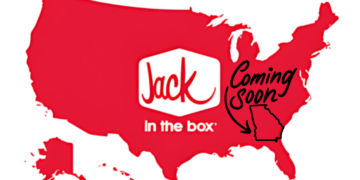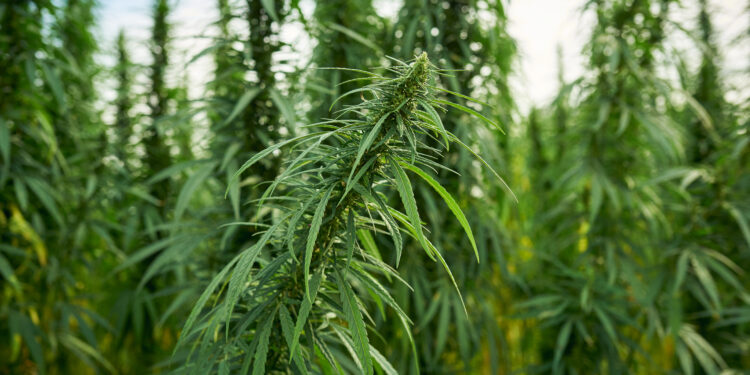A new law in Georgia regulating the sale of hemp-derived products, including CBD and intoxicating compounds, is set to take effect on October 1st. Senate Bill 494 (SB 494) introduces age restrictions, requiring customers to be 21 or older to purchase products such as CBD and other hemp-derived cannabinoids.
The law, which was signed by Governor Brian Kemp in May, also places strict limits on the amount of THC allowed in all forms of hemp-based products, capping it at 0.3%. This applies to any product intended for ingestion, absorption, or inhalation.
In addition to regulating CBD, the law targets THCA, a compound found in hemp that can become psychoactive when exposed to heat or light. The sale of THCA products will also be restricted to individuals over 21. Lawmakers pushed for the legislation, citing safety concerns, especially regarding the sale of these products to minors and the difficulty for consumers and law enforcement to differentiate between hemp and marijuana.
The U.S. Food and Drug Administration (FDA) has yet to fully regulate hemp-derived CBD, raising concerns about its safety. The FDA has warned that CBD may pose health risks, particularly for children and pregnant women, and has called for Congress to create a framework for regulating the substance. In the meantime, many states, including Georgia, are working to address the gaps in federal regulations.
One of the primary concerns is the rise of synthetic hemp products that produce intoxicating effects, such as delta-8 THC, which is derived from CBD through a synthetic process. These products have been marketed under the guise of being legal hemp due to a loophole in the 2018 Farm Bill, which legalized industrial hemp but did not account for the development of psychoactive products from the plant.
To address these issues, Georgia’s new law differentiates between “industrial hemp products” that are non-consumable and “hemp products” that contain hemp-derived THC and are meant for legal sale. The law also updates rules regarding licensing, product testing, and retail operations, while prohibiting hemp-derived compounds in alcoholic beverages and food products, except for gummies and extracts.
Additionally, the law bans packaging that could be considered appealing to children, a move meant to protect young consumers from being inadvertently exposed to these products.
As states await further federal regulation through the anticipated 2023 Farm Bill, Georgia’s SB 494 takes a significant step toward tightening control over the sale and distribution of hemp-derived products within the state.



























